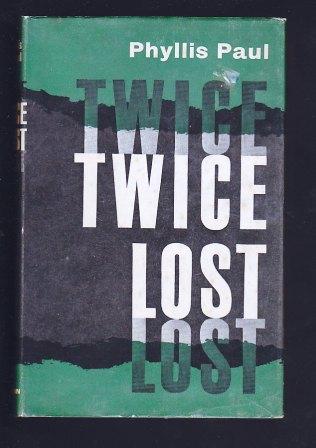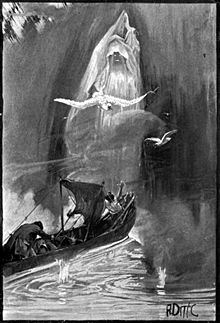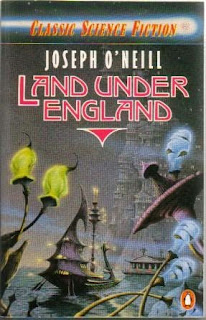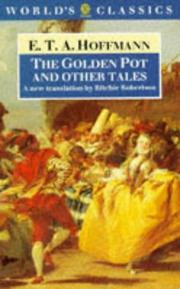Extollager
Well-Known Member
- Joined
- Aug 21, 2010
- Messages
- 9,066
J-Sun and JDW, I've enjoyed the way you turn this story around and look it over. Has anyone here read Robert Aickman's unfinished novel The Model? I have a vague impression that it might be somewhat a la Hoffmann. Perhaps Lovecraft's obsession was with weird stories while Hoffmann and Aickman are all about strange stories. The latter would tend to be more elusive than the former. But rather than prematurely trying to define the difference, I'm going to hurriedly throw out examples of stories that seem to me to belong to one or other of the categories.
Weird stories: The more populous of the two types -- lots of Poe here, all of Lovecraft, lots of old-time radio drama....
Strange stories: probably several stories by De la Mare; various stories by Aickman, such as "Into the Wood"; Machen's "N"; Charles Williams's Descent into Hell; Phyllis Paul's Twice Lost...

Weird stories: The more populous of the two types -- lots of Poe here, all of Lovecraft, lots of old-time radio drama....
Strange stories: probably several stories by De la Mare; various stories by Aickman, such as "Into the Wood"; Machen's "N"; Charles Williams's Descent into Hell; Phyllis Paul's Twice Lost...








